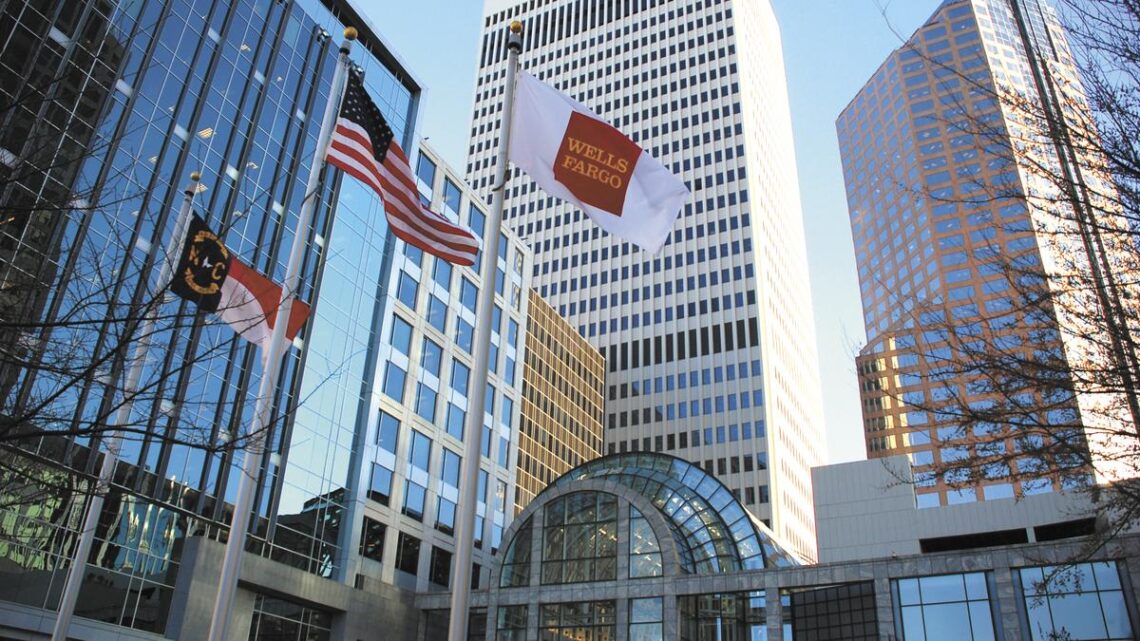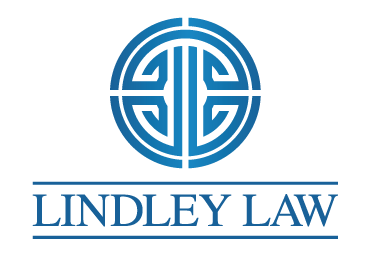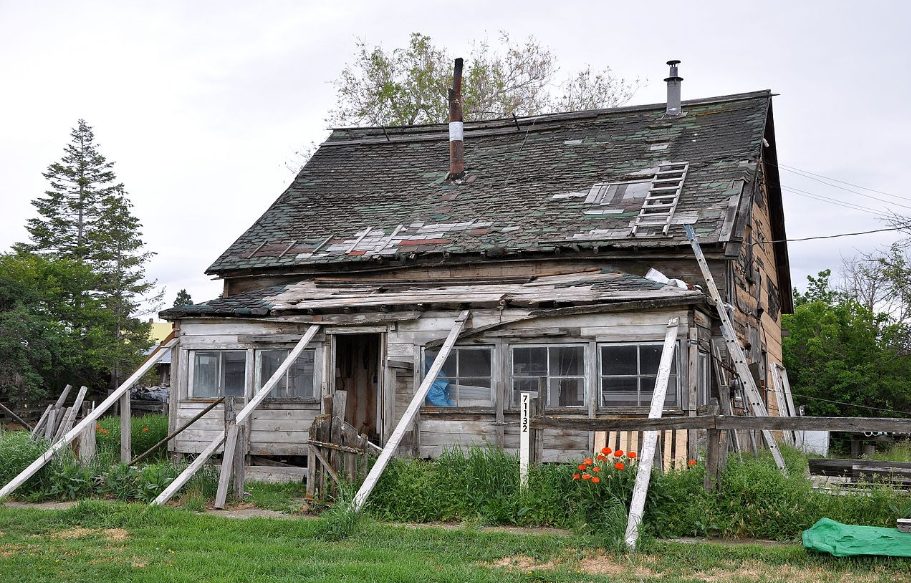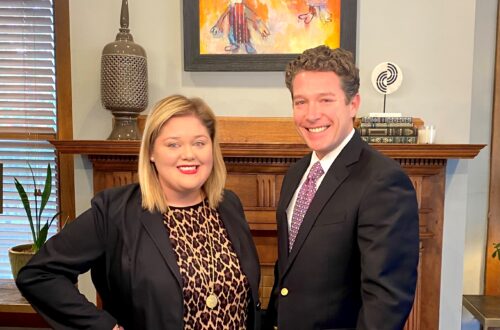Class action lawsuits against large corporations are booming in the wake of the Coronavirus pandemic. This month, we examined class action suits against both United Airlines and Ticketmaster regarding their wavering ticket refund policies. Unsurprisingly, given the chaos surrounding the Paycheck Protection Program (“PPP”), several major U.S. banks find themselves defending a class action lawsuit filed by a group of mom-and-pop stores.
On March 27, 2020, Congress passed the Coronavirus Aid, Relief, and Economic Security (“Cares”) Act, aimed at providing relief to individuals, businesses, and government organizations suffering amid the Coronavirus pandemic. The CARES Act included the Paycheck Protection Program, which intended to provide American small businesses with cash-flow assistance through federally guaranteed loans backed by the Small Business Administration (“SBA”). Small businesses (fewer than 500 employees), which are independently owned and not a dominant player in their respective industry, were eligible to apply for the loan.
The PPP was initially funded with $349 billion dollars. Less than two weeks later, the program was out of money. Thereafter, news stories regarding well-known wealthy corporations such as Shake Shack, Ruth’s Chris, and the L.A. Lakers receiving funding were ubiquitous. Meanwhile, hundreds of thousands of smaller businesses claimed the program ran dry before their loan application was approved. As frustration grew among the numerous small business applicants who did not receive funding, public policy backlash led to all three companies, and others, promising to return their funding to the program. Nonetheless, suspicion grew as to why, and how, these large corporations received funding in the first place.
Upon further investigation, small businesses claim the large banks (Wells Fargo, J.P. Morgan, Chase Bank, among others) are to blame. The SBA advised the loans were to be processed on a first come first serve basis. However, banks earned origination fees for processing the loan applications: 5% for loans up to $350,000, 3% on loans between $350,000 and $2 million, and 1% on loans between $2 million and $10 million. Despite the graduated system, the banks would earn $17,500 for processing a $350,000 loan, and, comparatively, $100,000 for a $10 million loan. After realizing large corporations received significant funding, a class action lawsuit was filed alleging the banks “concealed from the public that it was reshuffling the PPP applications it received and prioritizing the applications that would make the bank the most money.”
The purported scheme has made headlines, including receiving the talk show treatment. Congress subsequently injected the PPP with an additional $310 billion in funding, and applications opened again as of April 26. The overwhelming feeling is that the money will be depleted more quickly than the first round, or in just a few days. TBD on whether the class action lawsuits will encourage the large banks to self-regulate the prioritization of loans. However, it seems the lawsuits prompted action from the SBA, which is purportedly capping the total fees the banks can receive to $60 billion per lender, or 10% of the total PPP funding.
If you have questions regarding your rights amid the Coronavirus pandemic, please call us at (704) 457-1010 to schedule a consultation. For more information regarding our firm, attorneys, and practice areas, please visit https://lindleylawoffice.com/.





